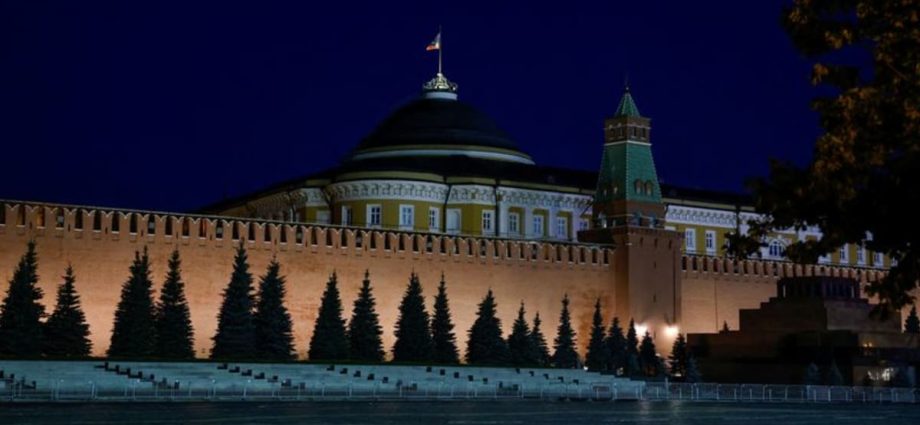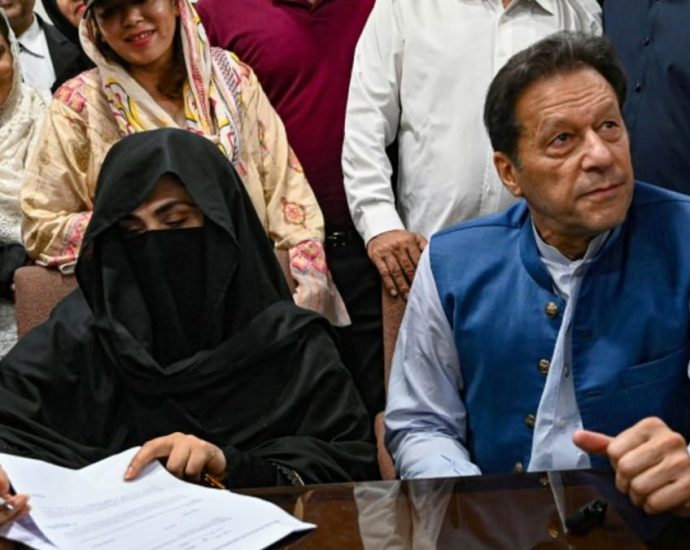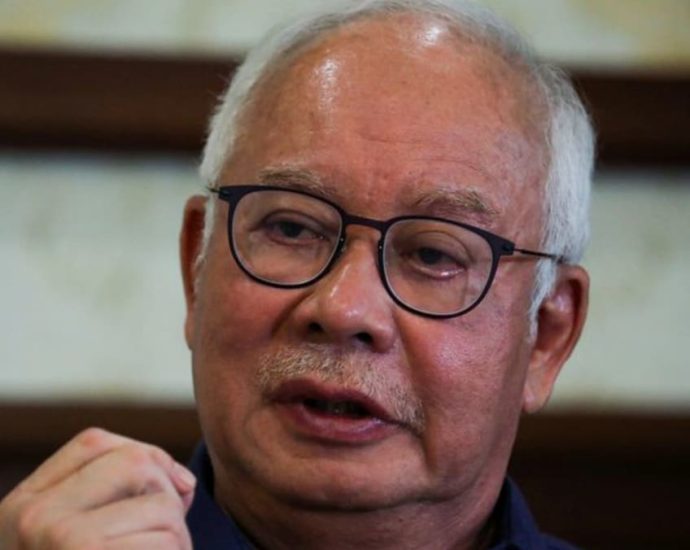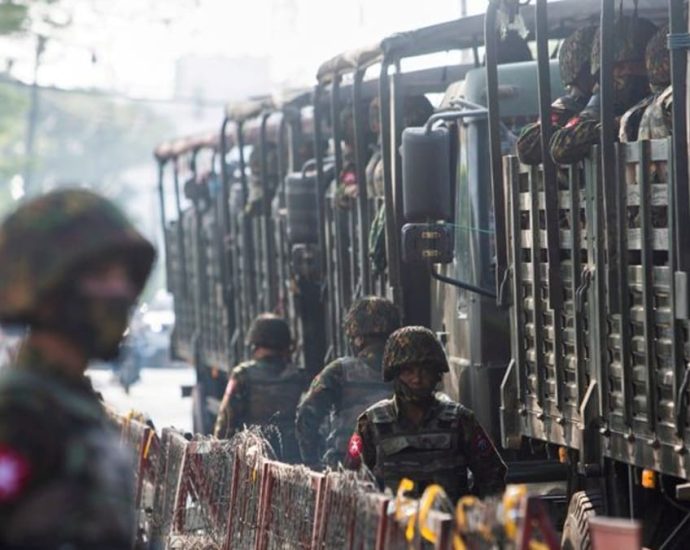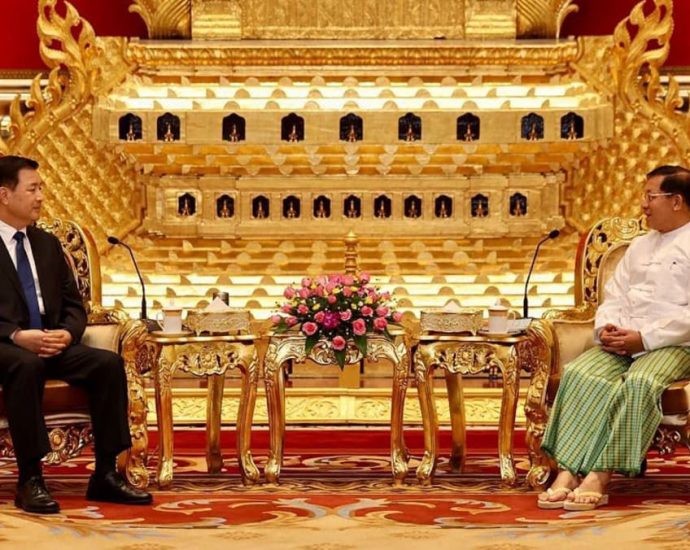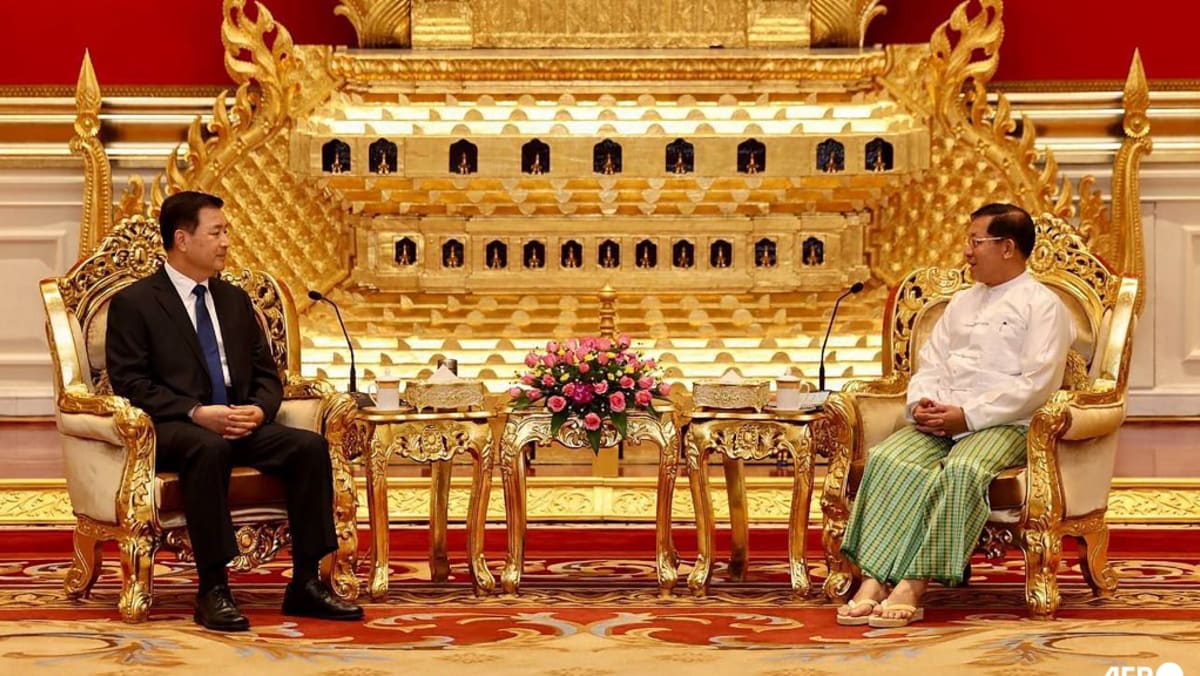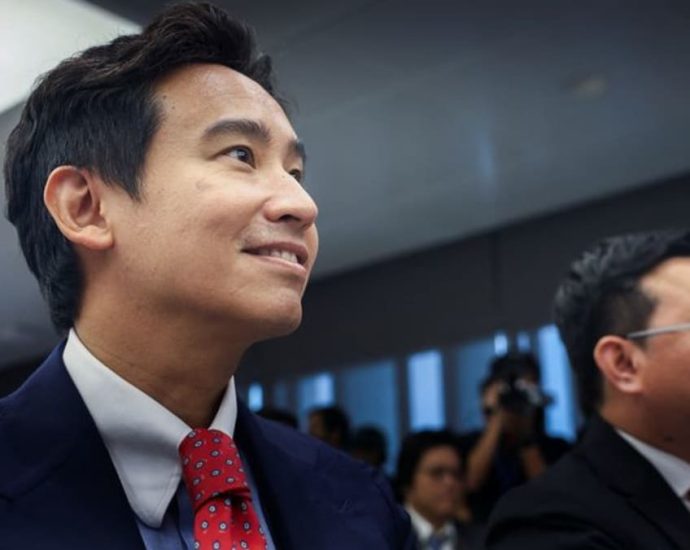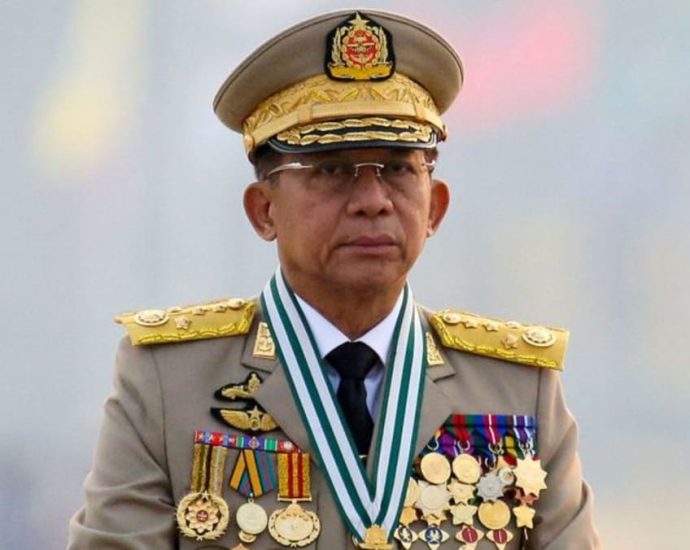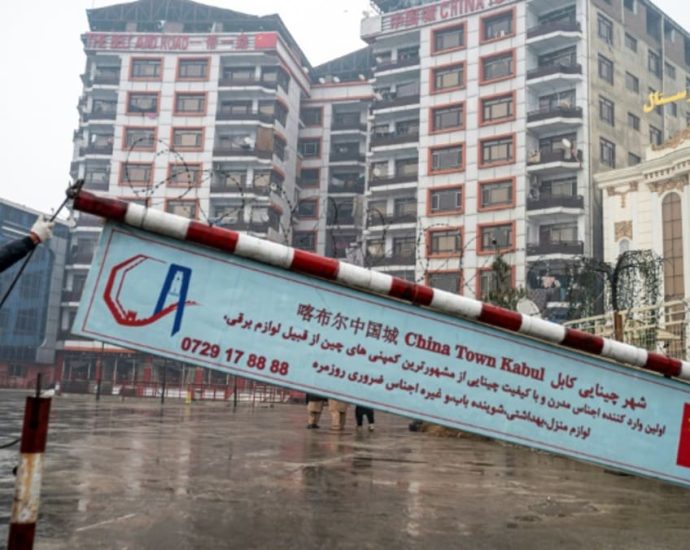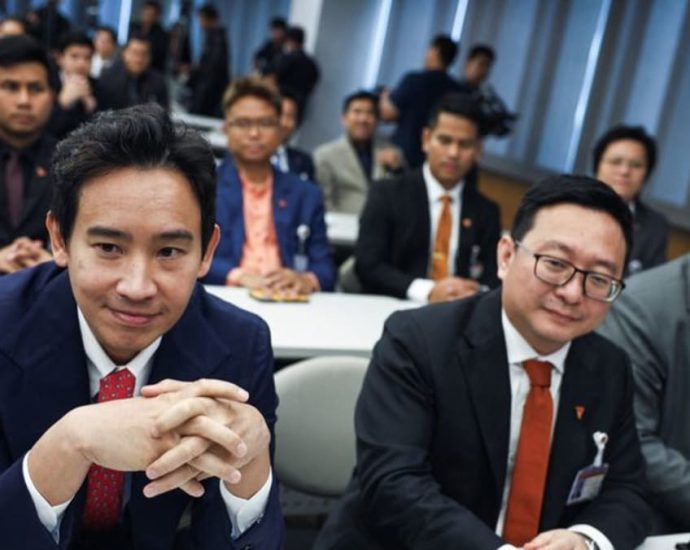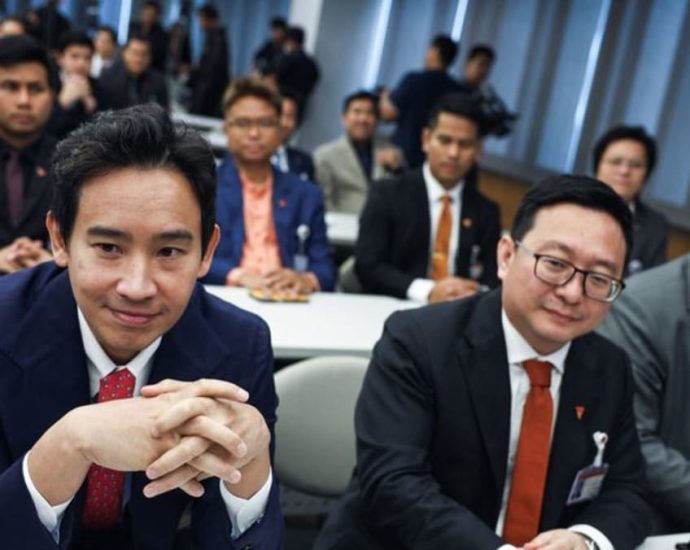North Korean delegation to visit Moscow, Russian lawmaker says
MOSCOW: A North Korean delegation will visit the lower house of Russia’s parliament on Feb 13, state news agency RIA quoted a deputy from the opposition Communist Party as saying on Thursday. Communist lawmaker Kazbek Taysaev also said that a Russian parliamentary delegation planned to travel to North Korea inContinue Reading

